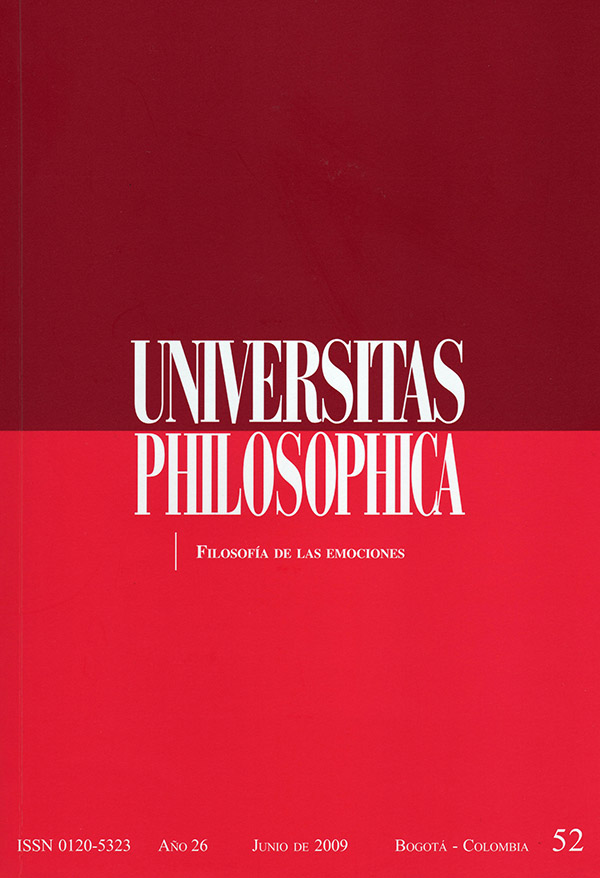Abstract
The paper investigates semantic properties of expressions that suggest the possibility that emotions are shared. An example is the saying that a sorrow shared is a sorrow halved. I assume that such expressions on sharing an emotion refer to a specific mode of subjective experience, displayed in first person attributions of the form ‘We share E’. Subjective attributions of this form are intrinsically ambiguous on all levels of their semantic elements: ‘emotion’, ‘sharing’ and ‘We’. One question the paper seeks to answer is whether and in what respect these semantic ambiguities mirror an indeterminacy of emotional experience. Discussing ‘aggregate sharing’ (of a determinate) in distinction of mere ‘distributive sharing’ (of a determinable), I argue that there is no sufficient criterion to determine which mode of sharing an emotional experience shaped as ‘We feel E’ displays. Disambiguation of this intrinsic indeterminacy must recur to situational parameters of individuals’ de re relatedness.
This journal is registered under a Creative Commons Attribution 4.0 International Public License. Thus, this work may be reproduced, distributed, and publicly shared in digital format, as long as the names of the authors and Pontificia Universidad Javeriana are acknowledged. Others are allowed to quote, adapt, transform, auto-archive, republish, and create based on this material, for any purpose (even commercial ones), provided the authorship is duly acknowledged, a link to the original work is provided, and it is specified if changes have been made. Pontificia Universidad Javeriana does not hold the rights of published works and the authors are solely responsible for the contents of their works; they keep the moral, intellectual, privacy, and publicity rights.
Approving the intervention of the work (review, copy-editing, translation, layout) and the following outreach, are granted through an use license and not through an assignment of rights. This means the journal and Pontificia Universidad Javeriana cannot be held responsible for any ethical malpractice by the authors. As a consequence of the protection granted by the use license, the journal is not required to publish recantations or modify information already published, unless the errata stems from the editorial management process. Publishing contents in this journal does not generate royalties for contributors.


